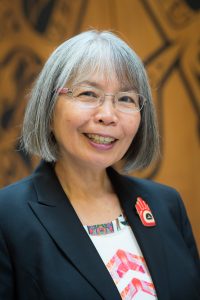Application Deadline: February 22, 2019
Each year, the Foundation selects up to five (5) Fellows who are:
- – Top-level researchers and professors in the social sciences and humanities. Early-career researchers and professors are encouraged to put forward their candidacy as much as candidates with extensive experience.
- – Intellectuals rooted in their communities, with experience in community-based projects, and with an interest in experiential learning
- – Gifted and original teachers
- – Catalysts for change
- – Bold, inspired thinkers
Please note, as of the 2018 competition, applicants should apply directly to the Foundation rather than be nominated by the university. If you have any questions or are seeking strategic guidance and direction on your application, please contact Robert Olaj, Research Development and Grant Facilitator, Faculty of Education at robert.olaj@ubc.ca or (604) 822-0580
